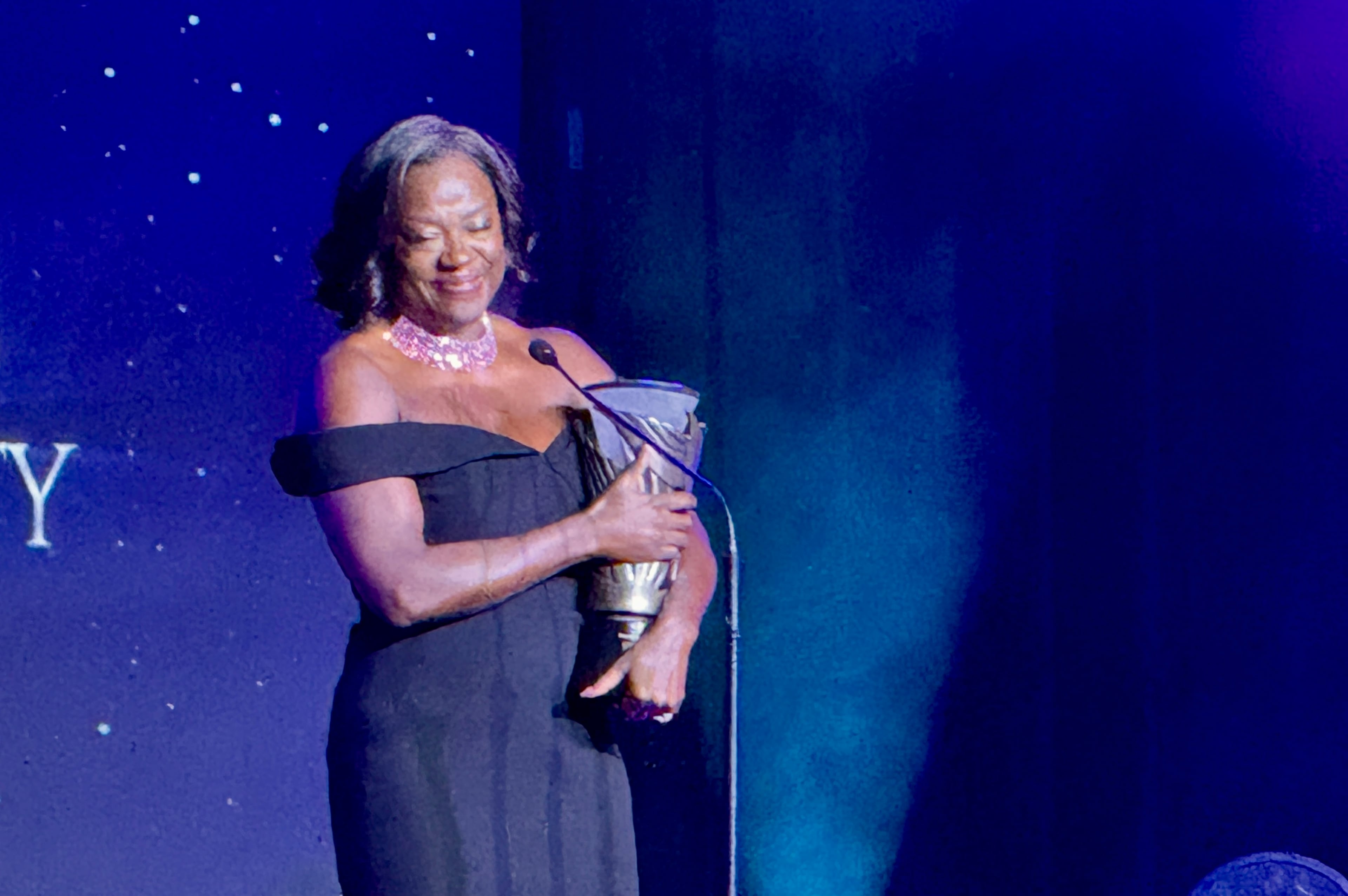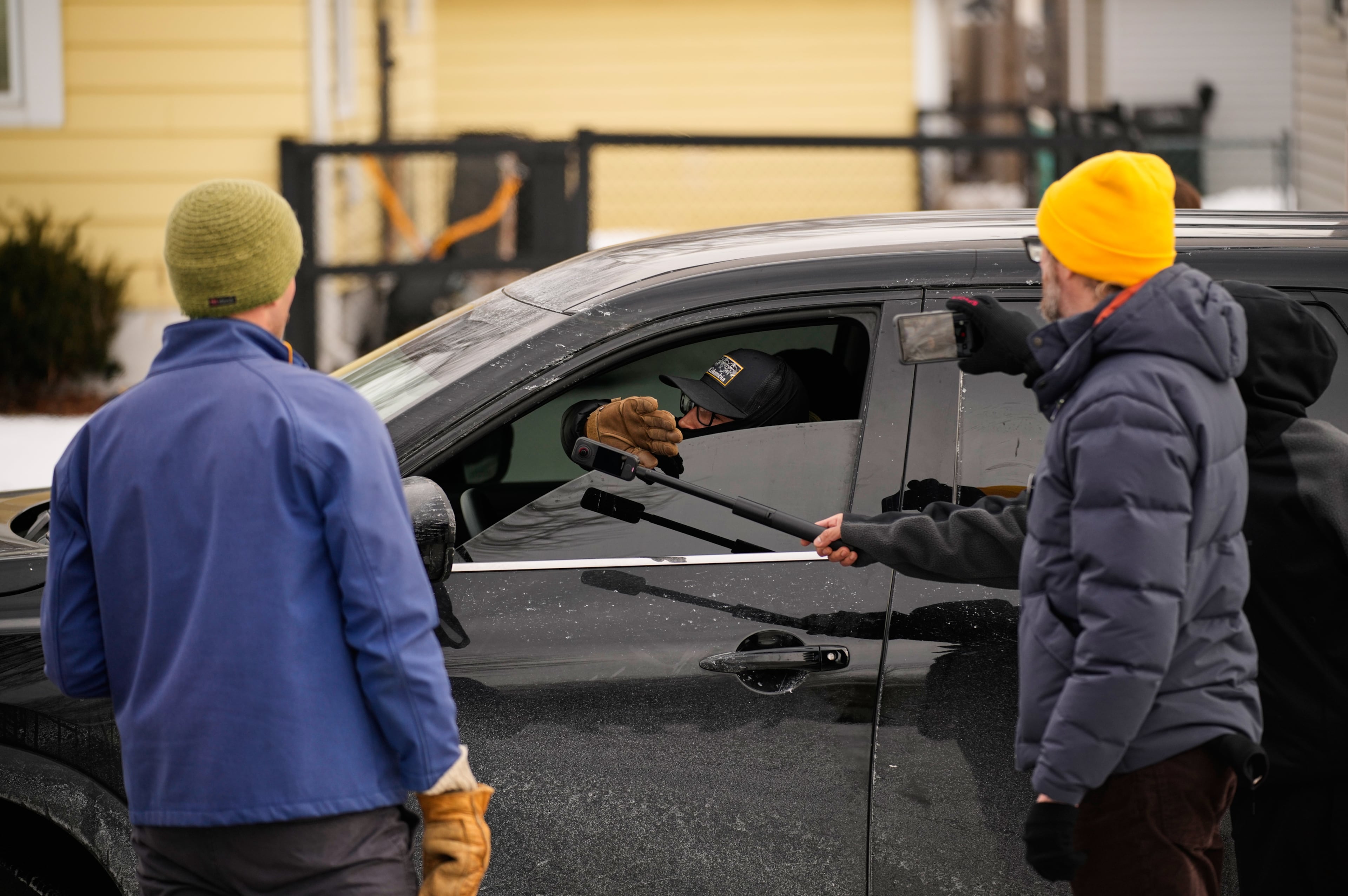Rediscovering the ‘Lost and Found’ work of Atlanta photographer Al Clayton

When Jennie Clayton was a teenager and thus at the apex of any human’s infernal judginess, her father, photographer Al Clayton, told her something that will forever stay with her, she said.
“Don’t you ever judge somebody.”
Over the course of his career, said Jennie, her father photographed the best and worst of the South: the Ku Klux Klan, the Black Panthers, Civil Rights leaders, musicians including Kris Kristofferson, Charley Pride and Townes Van Zandt, and impoverished Southerners struggling to put food on the table. His photographs allowed viewers the chance to engage with a reality very different from their own.
Her father, who died in 2014, saw commonality in the people he photographed, no matter what their beliefs and backgrounds. They all hugged their kids and kissed their wives when they got home, he told her. And he wanted to show the tender side of people to make people think, she said.

Though Clayton was raised in an Appalachian foothills sliver of Tennessee called Copperhill not necessarily known for its racial inclusiveness, said Jennie, her father was just wired differently.
That desire to lean into people’s humanity is a mission she continues by regularly giving out flowers to people in her Gainesville community as a small gesture of kindness and connection.
Jennie will also appear at this weekend’s Atlanta Pride celebrations in Piedmont Park, selling prints and buttons emblazoned with affirmative messages and images from Al Clayton’s work.
“In all of these (photographs), it seems that the through line is that he was very unobtrusive, so he gained people’s trust,” said Oglethorpe University Museum of Art director Elizabeth Peterson Jennings, who co-curated the current exhibit “Al Clayton Photography: Lost and Found.”
“But he seemed to be particularly interested in people who were a little offbeat or in the margins,” said Jennings, who co-curated with Noah Dake, a 2023 graduate of Oglethorpe’s art history and studio art program.
Al Clayton’s imperative to not judge and to embrace the world with open arms is one of the narratives running through the exhibition. “Lost and Found” focuses on the club kids and drag queens that made 1980s Atlanta — from the evidence of these photos — a beacon of creativity and fabulousness.

The exhibition of more than 35 black and white photographs feels like a connective tissue, said Dake, of the ’80s club culture Clayton documented and contemporary Atlanta nightlife, which, he said, has a similar inclusiveness and creativity.
“I think this show definitely gives the audience a chance to kind of go a little bit outside of their comfort zone,” said Dake, who also co-hosts Disco Jungle, a series of Atlanta dance parties.
Clayton’s vision of Atlanta’s club scene is intimate and includes a series of images Dake said he especially appreciated, silver gelatin prints of drag performers backstage donning makeup and clothing before their acts.

Rosser Shymanski was on the scene in Atlanta in the 1980s and can attest to the fun of performing at clubs including Club Rio, Colorbox and Velvet.
“We were treated like stars,” remembered Shymanski. He’s included in the exhibition in a contact sheet-style series of photos playing DeAundra Peek, a member of an invented family of musicians dubbed the Peek Sisters who performed in various configurations all over the city in the 1980s. Shymanski’s cast of characters, including DeAundra, were often featured on the long-running cable access program “The American Music Show” (1981-2005).
Al Clayton contacted the show’s producer Dick Richards, looking for some subjects to photograph. Shymanski and “The American Music Show” regular Molli Worthington hopped on MARTA with all of their gear in tow and spent the day at Clayton’s Inman Park home and studio being photographed for the series of club kid portraits featured in “Lost and Found.”
“He was very nice and gave us so much latitude to just be ourselves and do what we wanted and be the characters that we were,” Shymanski recalled.
Visitors to the Oglethorpe show can see the photographs from that shoot, including 79-by-44-inch images of a pretty young scenester named RuPaul donning a variety of accessories, including a grass hula skirt worn as a hat, a necklace of animal bones and a halo composed of what appears to be pipe insulation tubing.
“RuPaul had brought bags and bags and bags of stuff” to the shoot, said Shymanski.
Timed to coincide with Atlanta’s pride celebrations (though continuing through Dec. 7), the exhibition is a brief tour of the gritty, ad hoc showbiz and low-rent silliness of this club kid subculture. One series of photos in the show features before and after silver gelatin prints of the performers out of makeup in their day-to-day looks and then dolled up for the stage.

In addition to the black and white club kids photography, the exhibition features seven works in color from Clayton’s “Lost Things” series from the 1990s. In those still life images, detritus from Atlanta’s streets — chicken bones, fast food wrappers, children’s toys, crushed soda cans, broken vinyl records — are assembled into found object compositions.
Though they might appear essentially different from his documentary portraits of Atlanta’s LGBTQ community, it all feels connected. “Lost Things” is filled with a degree of pathos that suggests stories of abjection and abandonment — a consequence Clayton undoubtedly hoped his humanity-laced portraits would circumvent.
ART PREVIEW
“Al Clayton Photography: Lost and Found”
Through Dec. 7. Free. Noon-5 p.m. Tuesdays, Thursdays, Saturdays; 2-5 p.m. Wednesdays, Fridays, Sundays. Oglethorpe University Museum of Art, 4484 Peachtree Road, Lowry Hall, 3rd Floor, Atlanta. 404-364-8555, museum.oglethorpe.edu
Lecture with Jennie Clayton, daughter of the artist, and guests, 7 p.m. Nov. 13. Skylight Gallery, Oglethorpe University Museum of Art, $10 event admission, free for members, students, staff, faculty, alumni.


